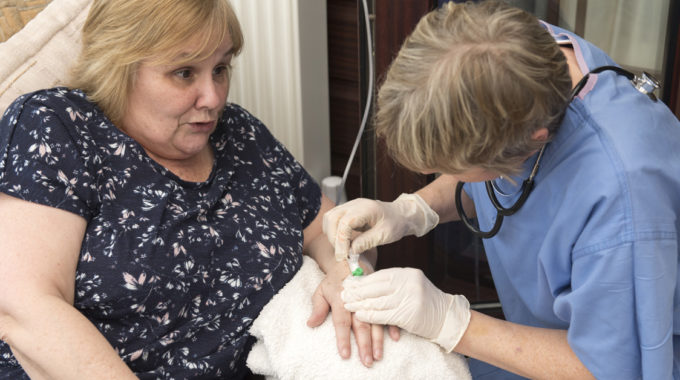
Medicare Openly Penalizes Home Health Agencies that Don’t Game the System
Effective January 1, 2020, Medicare will move home health agencies to a new payment system. The purpose was to make it easier for agencies to be more patient-focused and to increase oversight. Will this change hurt honest home health agencies? Only if they stay honest. The Bipartisan Budget Act of 2018 mandated that this new payment system be budget neutral. This means the new system should not increase or decrease home health payments. However, Medicare didn’t do this exactly. In what the industry is calling a behavior adjustment, Medicare assumed that home health agencies would game the system – that they would rearrange patient diagnoses to maximize their payments. Medicare adjusted payments downward to compensate. The effect is that if home health agencies don’t game the new system, they will take an estimated 6.42% pay cut.1
Home Health is Paid Episodically
Many home health patients have looked at their statements from Medicare and marveled at how much the agency was paid for just a handful of nursing visits. Before calling the agency telling them what you think about that, patients should first understand that home health agencies don’t bill Medicare for a specific amount. They don’t even suggest to Medicare what the payment should be. They input information about each patient into a computer, and Medicare determines a payment amount.
Next, patients should know that home health agencies are paid episodically, not by the visit or service. This means Medicare looks at the type of care being delivered (for example wound care versus teaching versus orthopedic rehab), and Medicare looks at how sick the patient is. From that, they figure an average for how much it should cost to treat that patient. Then Medicare pays the home health agency that average number for taking care of the patient for up to 60 days. Sometimes this means the agency will get paid an average amount for a case that was very easy to manage, but other times the agency will get paid an average amount for a case that was a lot more work than usual. It all works out over time.
What is the Patient-Driven Groupings Model (PDGM)?
Medicare is shaking up the home health industry with a new payment system called the patient-driven groupings model. PDGM replaces the old 60-day home health episode with a 30-day episode. This means home health agencies will have to check in with Medicare contractors more often and demonstrate that patients still qualify for home health.
PDGM also eliminates the current system of counting physical therapy visits. The current payment system has thresholds for physical therapy (PT) visits. For instance, a case with five PT visits might be paid the same as a case with six PT visits, but a case with seven PT visits would be paid more. This created a situation where home health agencies were loath to discontinue PT without crossing the payment threshold. PDGM relies more heavily on patient condition to determine the episodic payment.
What is a Primary Diagnosis?
More specifically, PDGIM relies heavily on the primary diagnosis for determining how much an agency will be paid. It then modifies the payment based on the secondary diagnosis and the patient’s functional level (for instance, how much help he or she needs for bathing). In this context, primary diagnosis means the medical condition that was the main reason for ordering home health. Secondary diagnosis means the medical condition that will most affect the delivery of home health. A patient will often have other diagnoses that are not the main reason for the given episode of home health.
What is the PDGM Behavior Adjustment?
Medicare expects home health agencies to fudge on the primary and secondary diagnoses, leaning towards higher-paying diagnoses in their paperwork and avoiding inputting the lower-paying diagnoses. They expect this so much that they already reduced overall payments for it in the upcoming PDGM. The result is that only agencies who game the system will be paid normally. Agencies that report diagnoses normally and don’t take advantage of other games will be looking at a 6.42% pay cut.
Can Home Health Agencies Afford to Be Honest with Medicare?
Can home health agencies afford PDGM’s upcoming penalty for not gaming the system? For many agencies, the answer will be no. Home health agencies run tight profit margins. In 2017, MedPac estimated the average home health agency profit margin to be 8.8%. If we assume that half of home health agencies profit less than 8.8%, that means that half of agencies would see their profits cut 73% to 100% if they don’t respond to Medicare’s new incentive to game the government.
Reference:
- Sharp M. PDGM Overview. Conference Notes: PDGM National Summit: A Revolution in Medicare Home Health Payment. January 21, 2019; available online.






